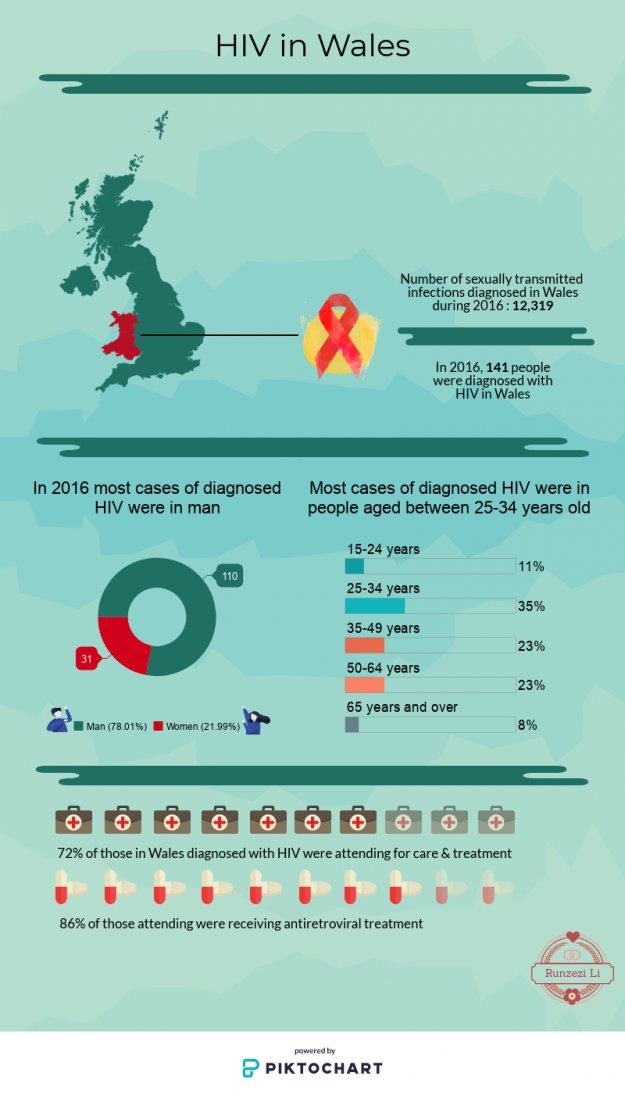Cardiff is an area with very high HIV prevalence. How could people take action to play a role in ending AIDS?
Channon Warminstom could hardly forget how she was bullied by her classmates in her primary school because she accidentally exposed that she had HIV. At that time, she always asked herself: “Why I am different from others?” To improve this situation, Channon now wants to speak out to motivate people taking actions and change the stigma around HIV.
Nowadays, without enough information, people still have stigma discrimination about HIV. UNAIDS Research shows more than 50% of people have discriminatory attitudes towards HIV infected people. To improve this situation, many activists stand out and launch activities.
James Cole, the organizer of the Youth Stop AIDS Speaker Tour, says in a talking in Cardiff University: “There is nothing powerful than hearing the real-life experiences of people affected by HIV and AIDS to motivate you to take action and change stigma.”
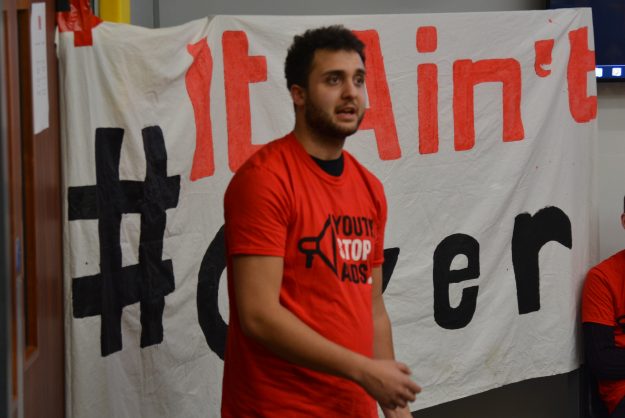
The tour talk is one part of the campaign, IT AIN’T OVER. And it took place to inspire young people who are infected with AIDS or HIV to speak out their experiences. It urges UK government to commit funding to the Robert Carr Fund which supports groups most adversely affected by HIV & AIDS.
Want to hear Aled’s powerful story? Tonight is your last chance on #SpeakerTour18! Still time to get your ticket for our Cardiff event: https://t.co/y119O6JS7t pic.twitter.com/38gFO7jwBK
— Youth Stop AIDS (@Youth_StopAIDS) February 9, 2018
“We have been running this campaign for more than 10 years. We believe that this platform for young people living with HIV from not only the UK but also other countries to engage other young people that we can have AIDS, but it isn’t over! We are not different! Our plan is to end AIDS in 2030,” says James.
The Youth Stop AIDS has many achievements. Last year it motivated 250,000 people to take part in the tour talk. And they also make real meaning of the campaign as well. The government has agreed to attend the international AIDS conference because of their attempt.
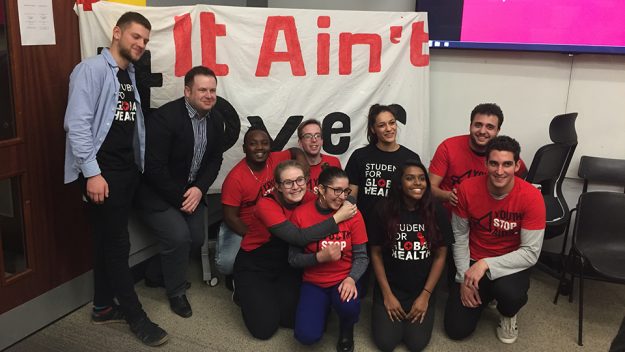
The stigma and discrimination on HIV not only exist in the UK. People who are infected with HIV in other countries also suffer from stigma.
Kennedy Mwendwa comes from Kenya. He was kicked out of his house because of sexual orientation and forced into sex work.
“I engaged in sex to have a place to sleep. This is when I came face to face with HIV. People in my village didn’t want to talk with me, even my mother hates me. I suffered a lot because of HIV.”
Now Kennedy is an activist and the speaker of Youth Stop AIDS Tour. And he wants to use his own power to rise awareness about HIV and change how others treat them.
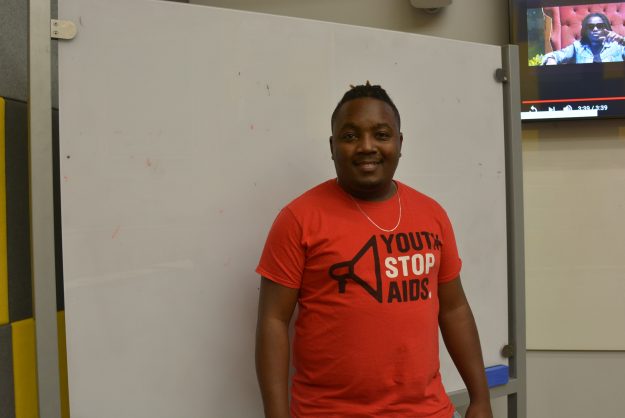
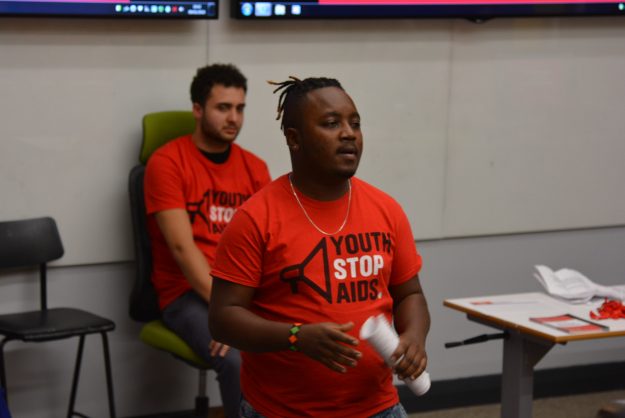
“One thing that I realize is that treatment is available here for everyone, but not everyone in the world. In Kenya, not everyone can access to treatment. So I think from campaigns, my government will understand they have the responsibility to consider issues and funding for HIV and AIDS. So that people infected with HIV can get access to service and help from the government. Also, they have to let more people know what is HIV, ” says Kennedy.
Channan, who was born with HIV, also joins this tour talking because she would like to encourage other people with HIV to speak out.
“I am a young person living with HIV and I got it from birth from my mother. Basically, I join this activity because I want to be the voice for young people with HIV. And I want to move them to speak out their experience. I am here to give them confidence and show other people HIV is no longer a death sentence,” says Channan.
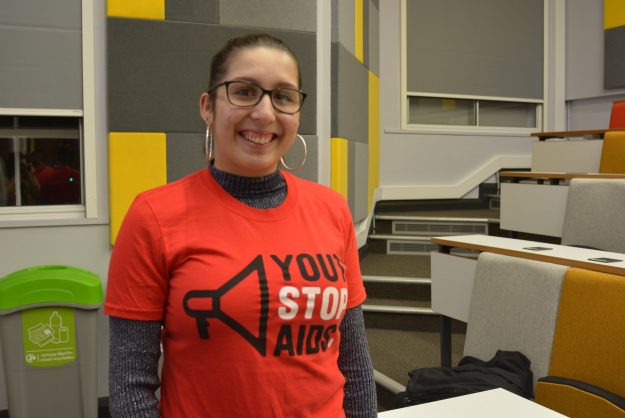
In Cardiff, the situation is also not good. James says: “We come to Cardiff because we know that Cardiff is an area with very high HIV prevalence. So there should be one campaign to show people how they can take action to play a role in ending AIDS. This could also help to stop stigma here.”
For Cardiff people, James appeals that: “Everyone in Cardiff, new HIV infections are easily preventable. Please do not have the stigma. With serious political will and funding, we can beat AIDS. So we ask you to take actions with us and take part in this campaign to push our government to take actions and increase the fund.”
Here is an infographic about HIV in Wales.
